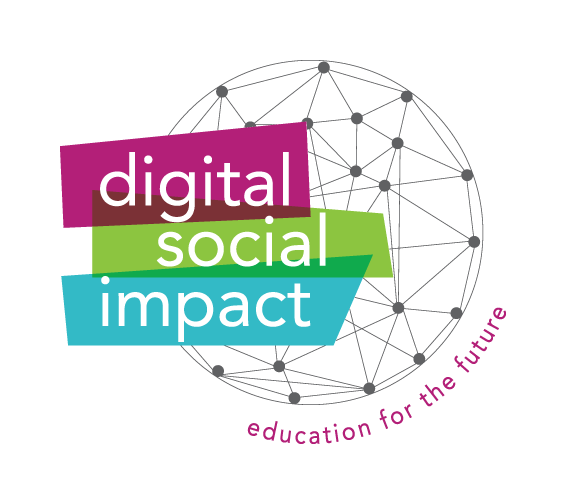The pandemic caused by the COVID -19 virus has raised some questions and concerns among all of us, especially about the future. As economic analysts warn, the current crisis is by no means comparable to any of the previous ones (although the consequences are quite similar, including the negative economic, social, and psychological effects). Although it took the world by surprise, there are many good examples of how the pandemic was managed and how organizations responded. The surprising thing was that although the pandemic led to the closure of many business, the value of a person seemed to be more important than the profit itself. In addition to solvency and liquidity, the decision to take care of employees proved critical to keeping the businesses afloat.
However, businesses are not the only ones affected by this pandemic. Universities had to close their classrooms overnight and move lectures online. Professors had to find new ways to create and deliver a new learning experience – this time with a much stronger focus on the challenges the pandemic has brought to societies. Exams took a back seat. It was more important to show that our courses have a connection to the real world, perhaps more than ever before and that we can encourage students to think beyond what is offered.
In conversations with our colleagues, we have found that many professors face almost the same challenges and wonder if what they are doing will have a positive impact on their students and their society. With our project Creating social impact through customized digital teaching formats, we want to find out how different academic institutions have adapted to the challenges of the crisis caused by the COVID -19 virus, what we can learn from each other, and how we can further disseminate this knowledge and experience. We strongly believe that these insights can help us prepare for future crises by creating and delivering learning experiences with greater social impact.
